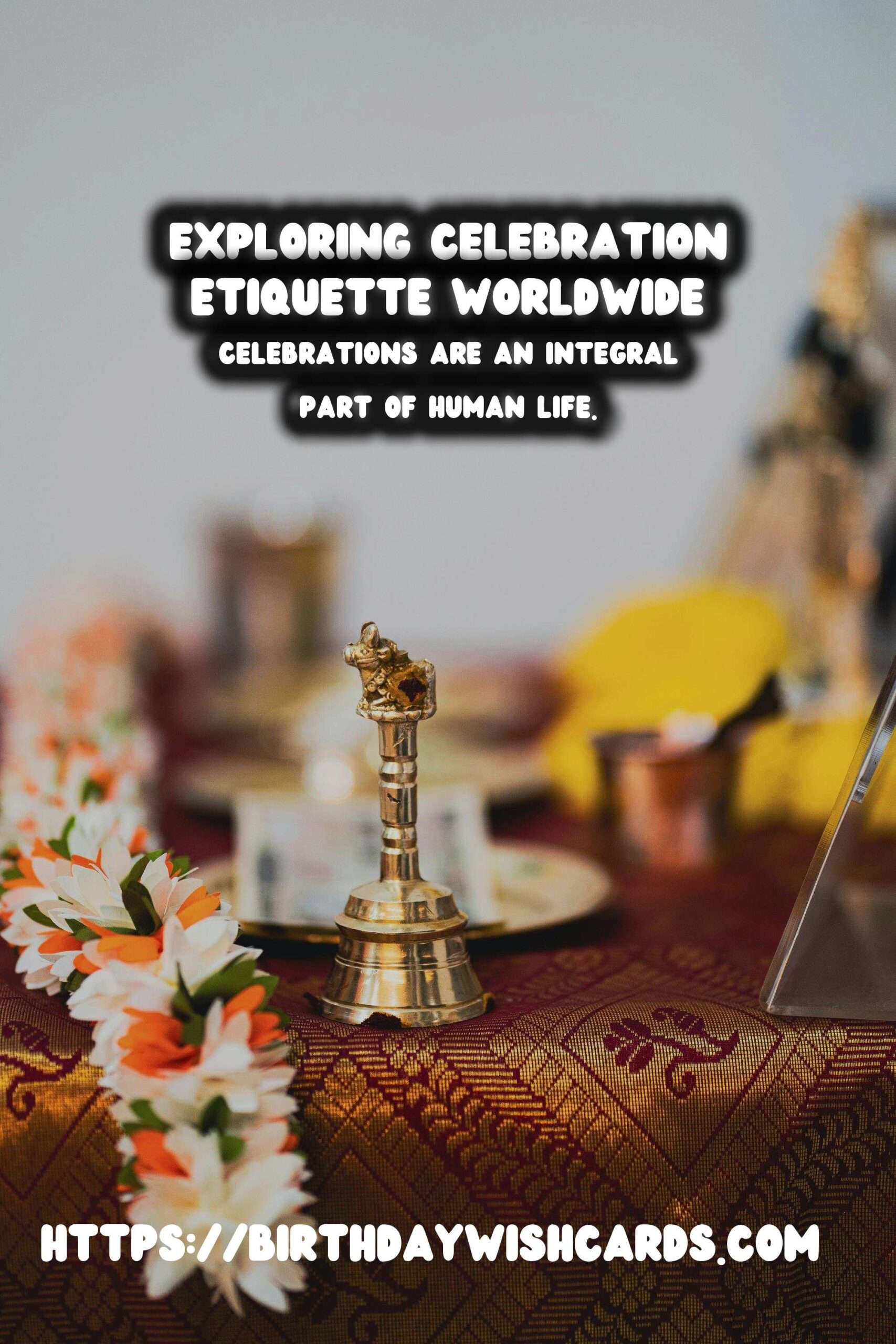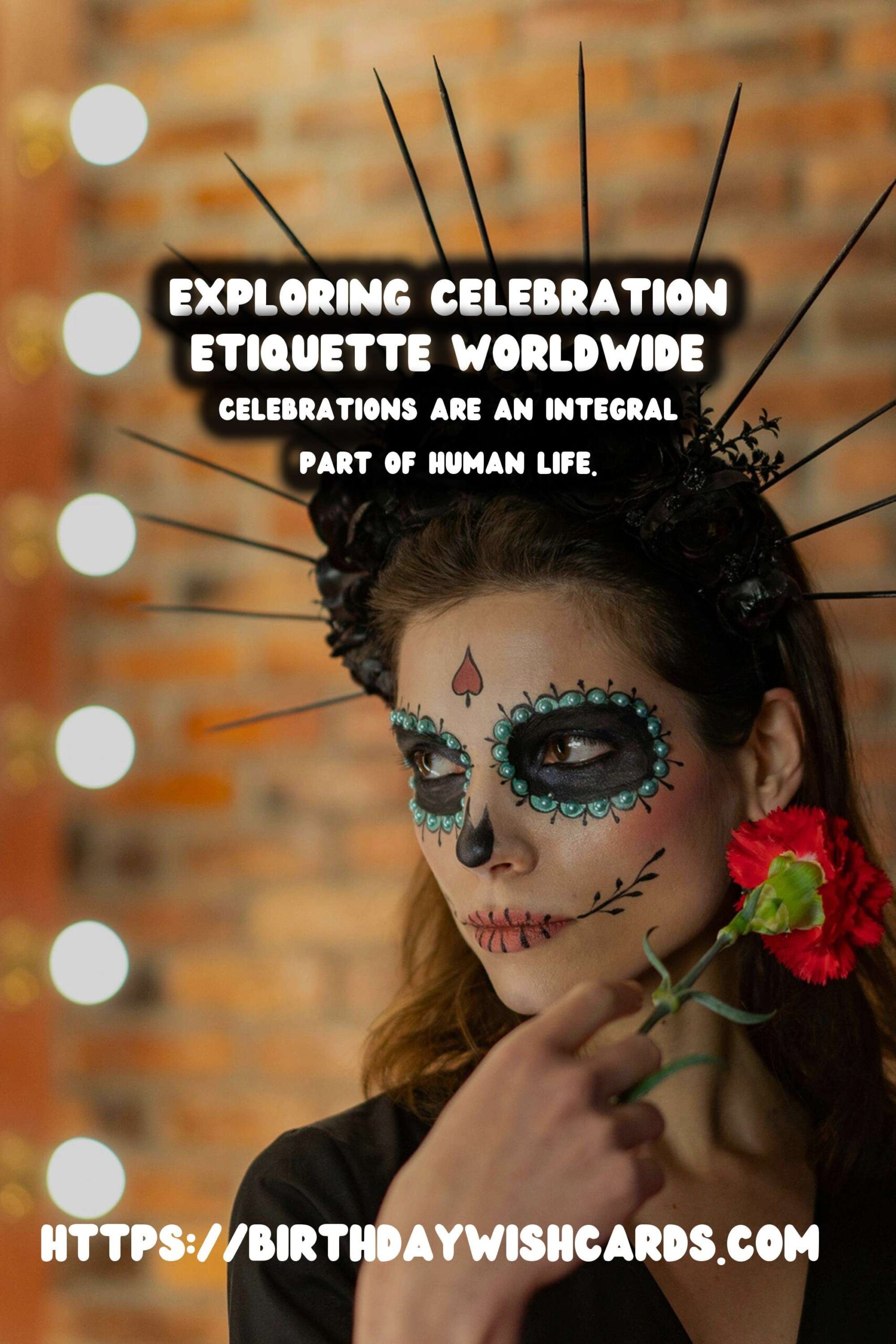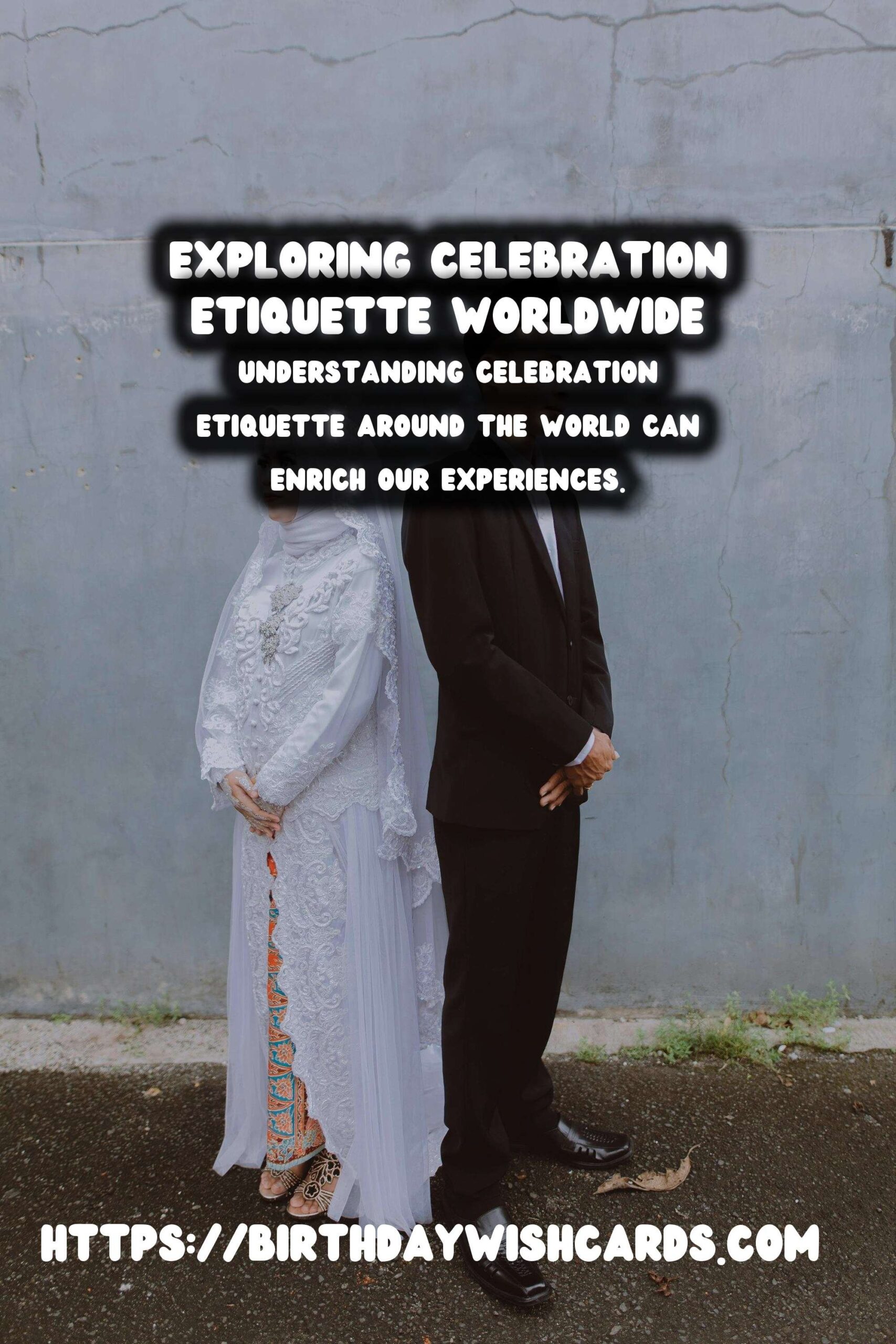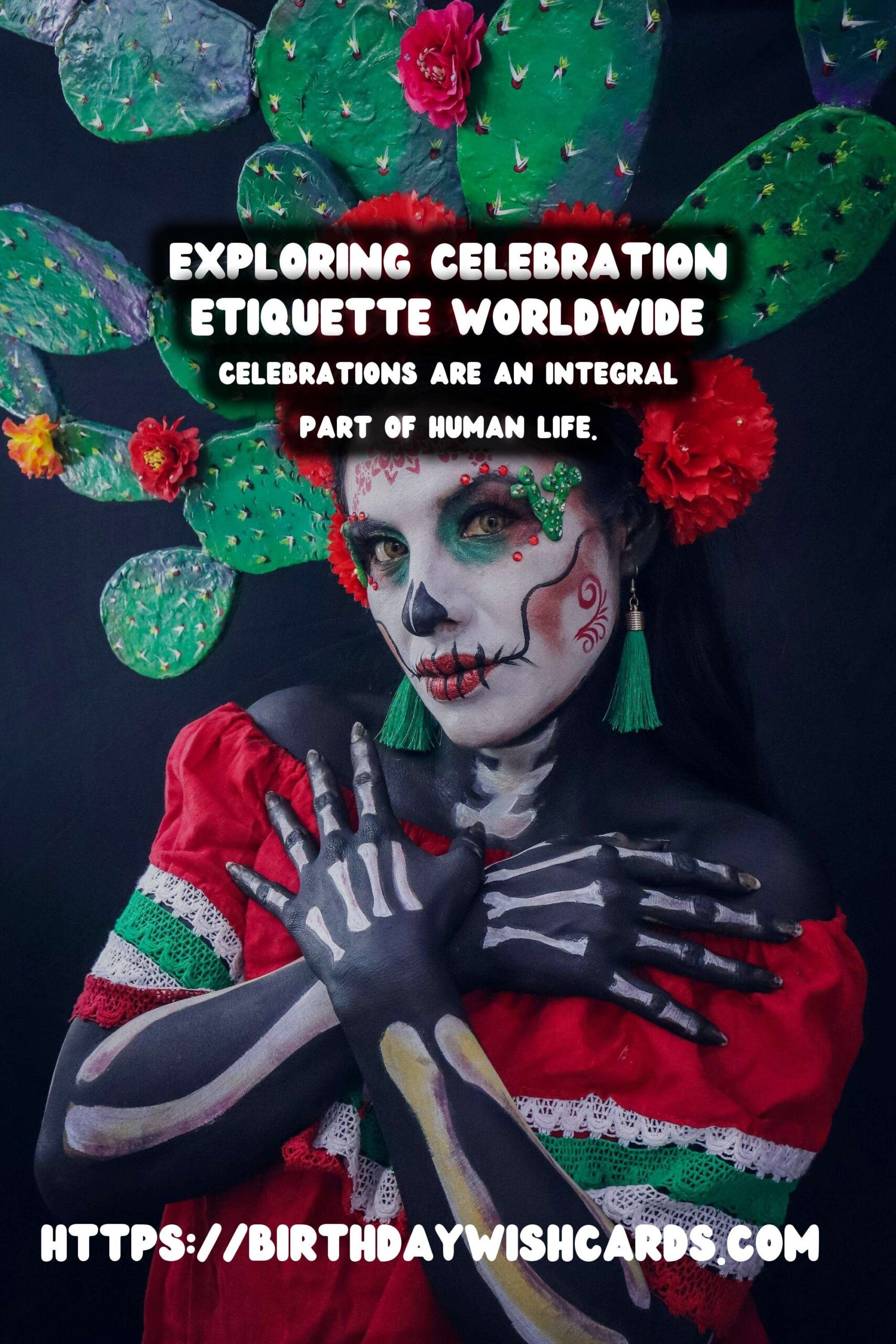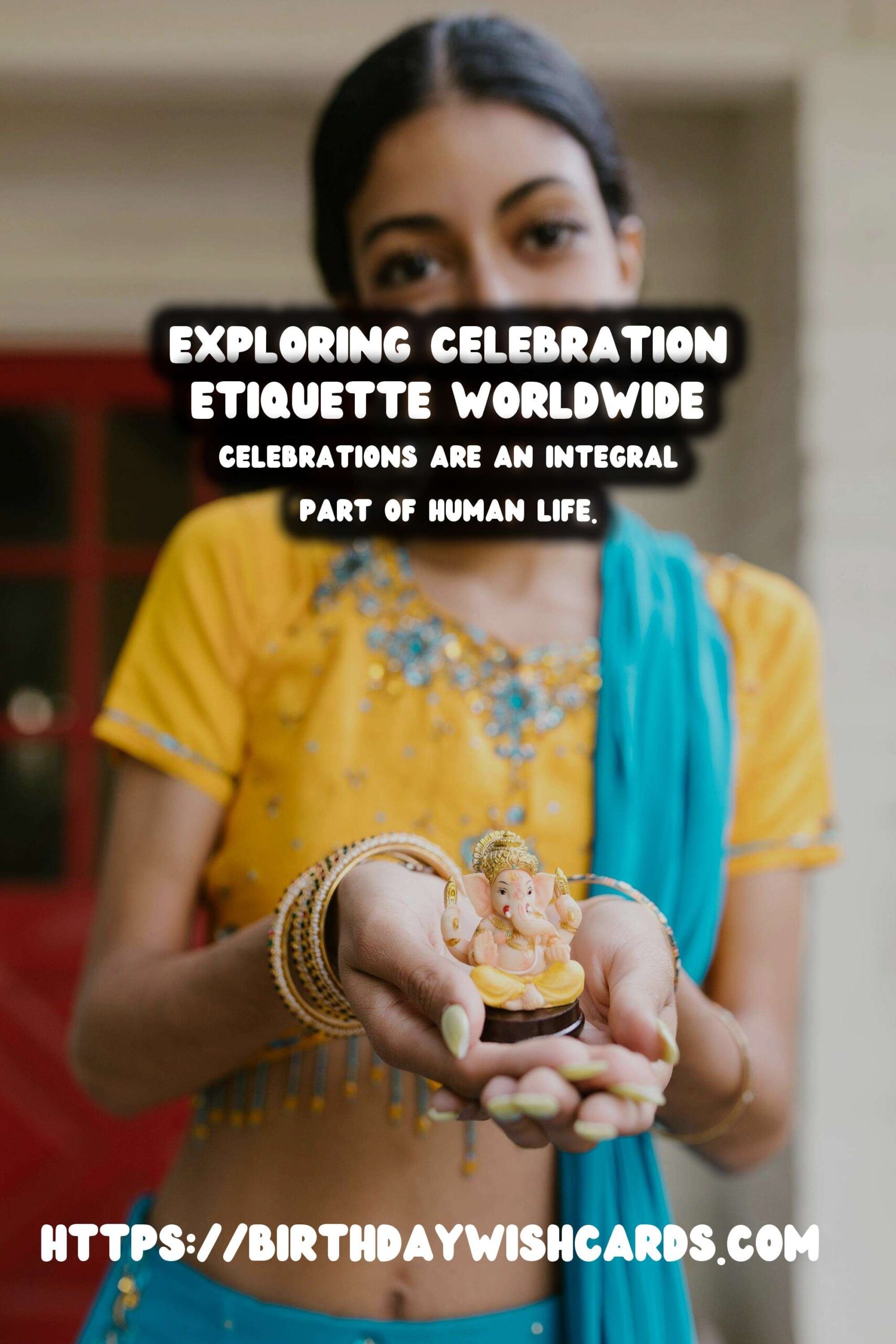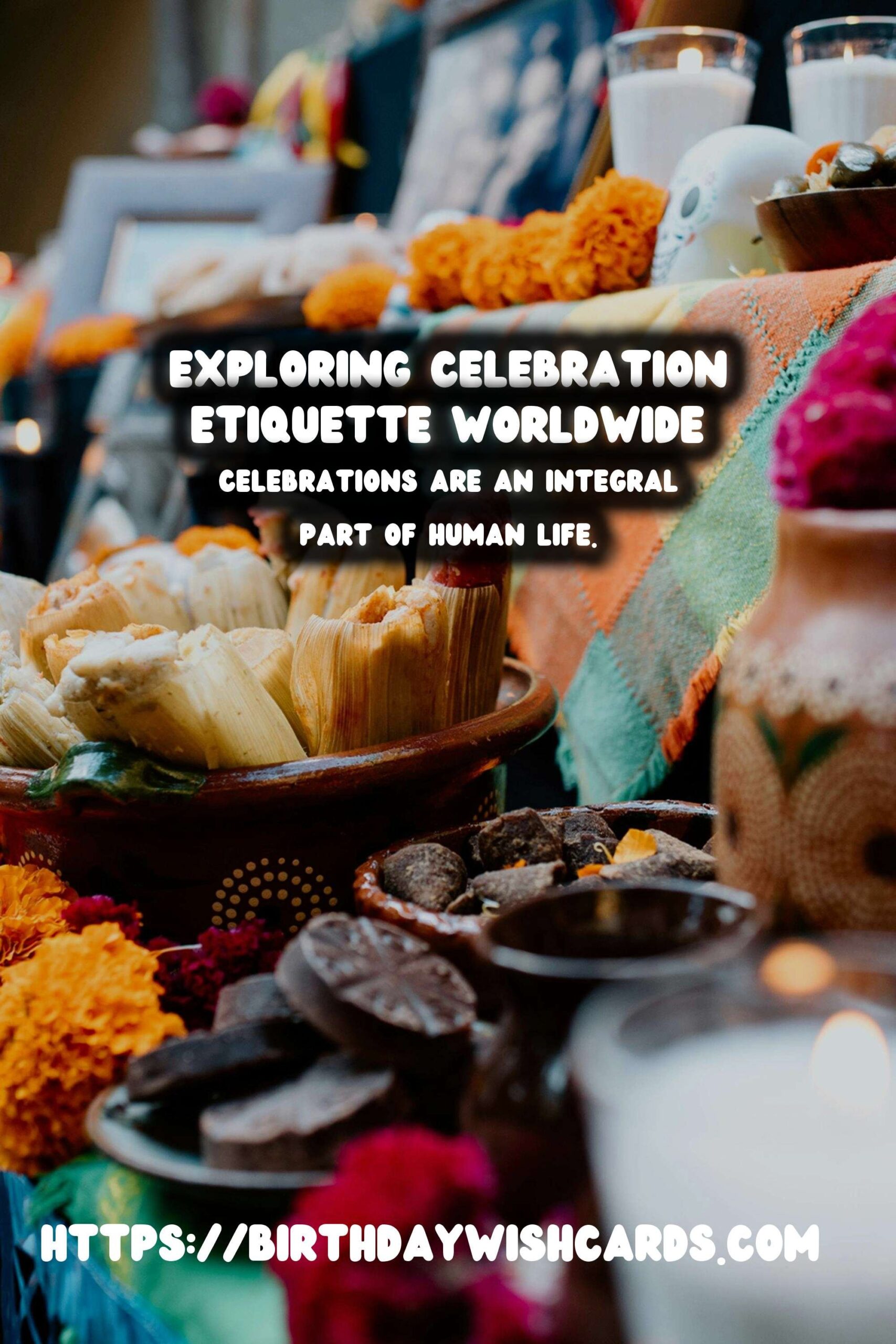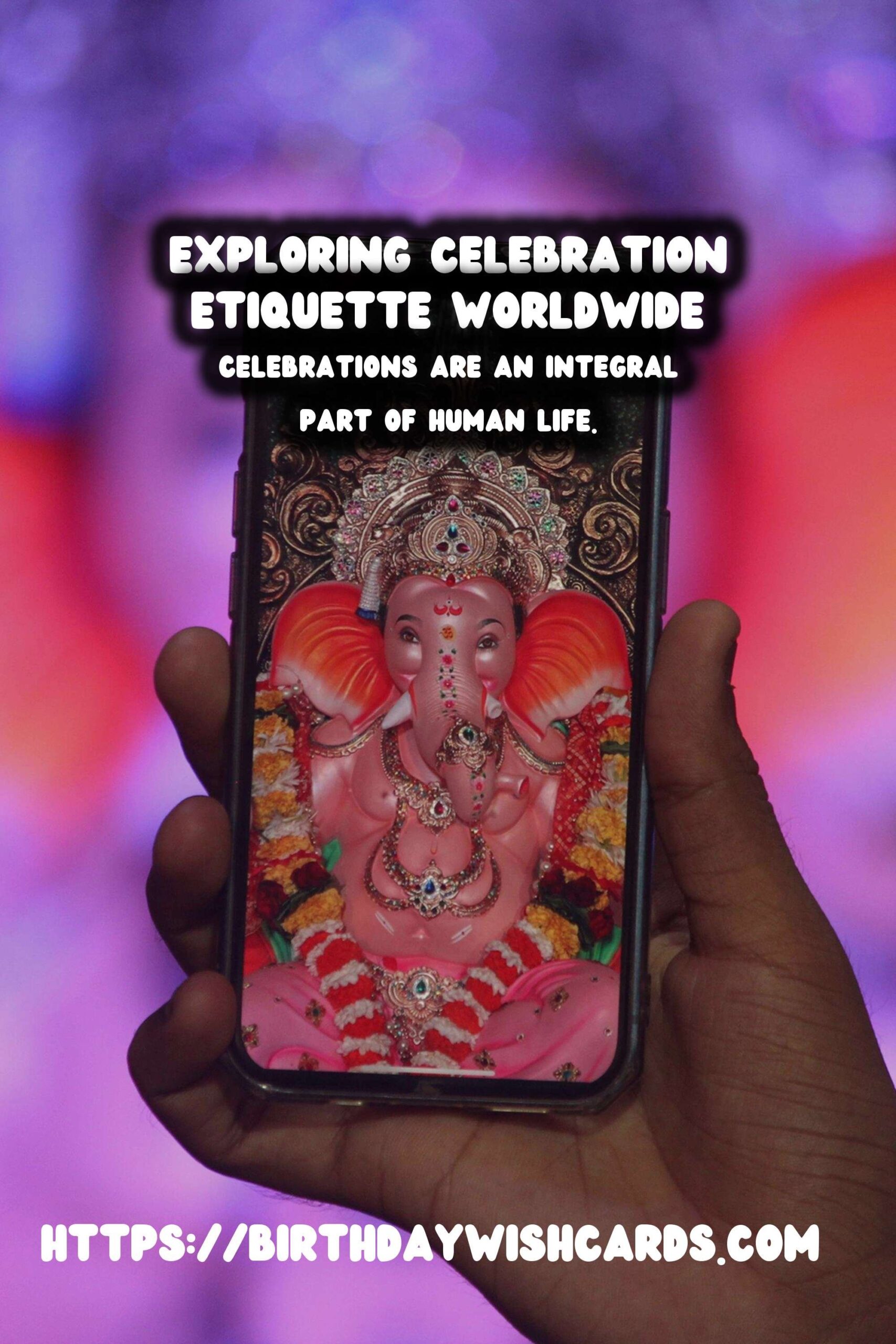Ultimate Ways to Craft Celebration Etiquette Around the World
Ultimate Ways to Craft Celebration Etiquette Around the World
Celebrations are an integral part of human life. They mark significant events, foster relationships, and create unforgettable memories. However, the way we celebrate varies massively across cultures. Understanding celebration etiquette around the world can enrich our experiences and build stronger connections with people from different backgrounds.
The Importance of Celebration Etiquette
Etiquette during celebrations is pivotal as it reflects the cultural norms and values of a society. It dictates how individuals communicate, interact, and show respect during festive occasions. By adhering to these etiquettes, we acknowledge and honor cultural differences.
1. Understanding the Basics: Greetings and Gestures
In many cultures, greeting is the first step of interaction. For example, a firm handshake is appreciated in the United States, while a bow may be more appropriate in Japan. Knowing how to greet someone can set the tone for the entire celebration.
Additionally, gestures can carry different meanings; what is acceptable in one culture may be offensive in another. It’s essential to research and understand these nuances.
2. Gift-Giving Etiquette
Gift-giving is a common practice in celebrations, but the rules can vary:
- In Japan: Gifts are often wrapped beautifully and presented with both hands as a sign of respect.
- In India: It’s customary to give gifts that are considered auspicious, and offering sweets is a positive gesture.
- In the Middle East: It’s polite to refuse gifts at first, as a sign of modesty, before eventually accepting.
3. Dining Etiquette Around the World
Food is central to most celebrations, and understanding dining etiquette is crucial:
- China: It’s polite to wait for the host to begin eating before you start.
- Italy: Never ask for cheese on seafood dishes; it’s considered disrespectful.
- France: Keep both hands on the table during a meal, but do not rest your elbows.
4. Dress Code Considerations
Each culture has its own dress norms for celebrations:
- In Saudi Arabia: Modesty is key, with traditional clothing being the norm.
- In India: Bright colors are favored, and traditional attire is often worn during festivals.
- In Western cultures: The dress code may vary based on the formality of the event, but generally more conservative dress is advised for formal occasions.
5. Rituals and Traditions
Many celebrations come with specific rituals:
- Diwali (India): The Festival of Lights includes lighting lamps, fireworks, and family gatherings.
- Chinese New Year: Involves family reunions and traditional feasts, with an emphasis on fortune and harmony.
- Thanksgiving (USA): A time for family to come together and share a meal, often involving expressing gratitude.
6. Respecting Cultural Sensitivities
While participating in celebrations abroad, it’s crucial to respect local sensitivities:
- In some cultures, it may be inappropriate to discuss politics or religion.
- Be aware of dietary restrictions, especially in cultures where certain foods are taboo.
- Be sensitive to historical traumas celebrated or remembered during specific events.
7. Sharing in Joy: Participation and Involvement
During celebrations, it’s typically expected that guests participate actively:
- In many cultures, joining dances or games can enhance the festive atmosphere.
- Offering to help with preparations or clean-up is a sign of respect and gratitude.
- Speak to others and reciprocate invitations to demonstrate appreciation.
8. Learning and Adapting
To foster better understanding, be open to learning from your experiences during international celebrations:
- Ask questions about customs and traditions when unsure.
- Be willing to adapt your approach based on cultural feedback.
- Participate with humility and an open heart, acknowledging that learning is a continuous process.
Conclusion
Celebration etiquette is a fascinating and essential aspect of cultural exchange. By understanding and respecting the diverse ways that people around the world celebrate, we not only enhance our personal experiences but also contribute to a more inclusive and harmonious society. The next time you find yourself invited to a celebration that is outside your cultural norm, take the opportunity to learn and embrace the experience!
Celebrations are an integral part of human life.
Understanding celebration etiquette around the world can enrich our experiences.
#CelebrationEtiquette #CulturalExchange


